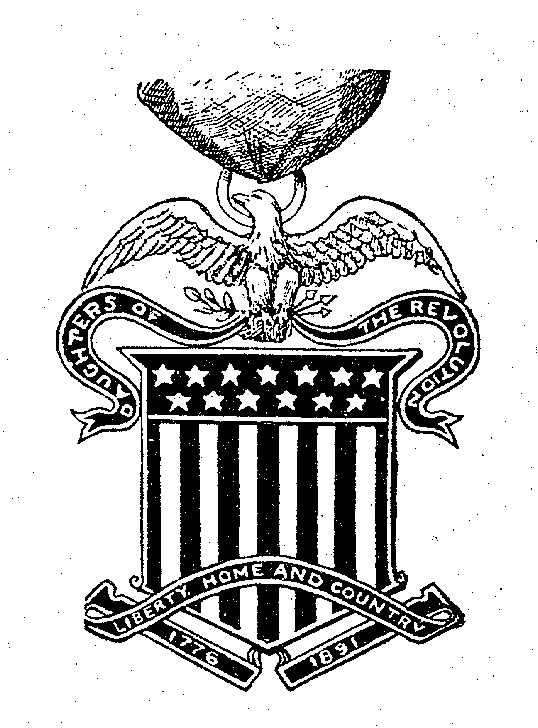
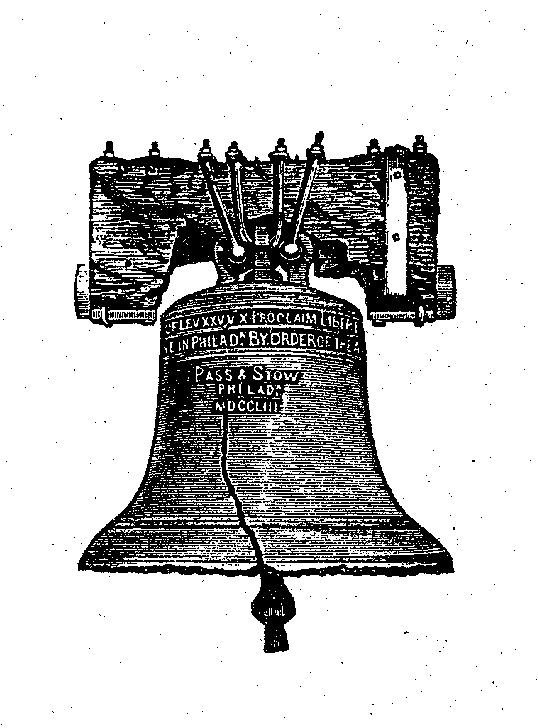
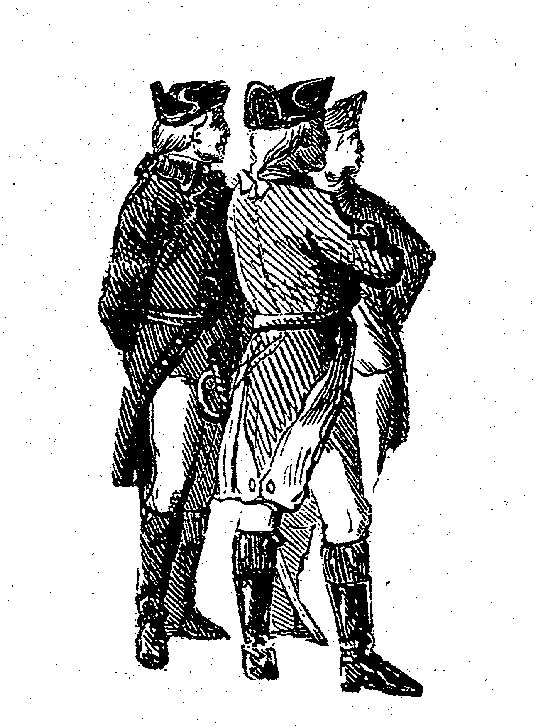
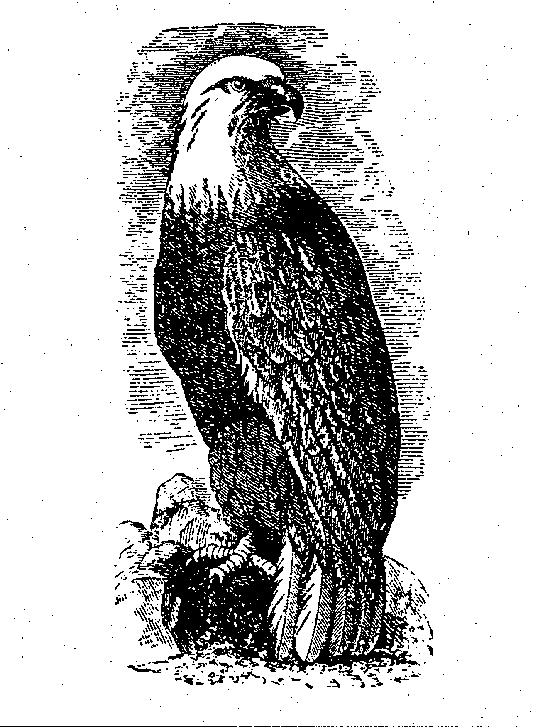
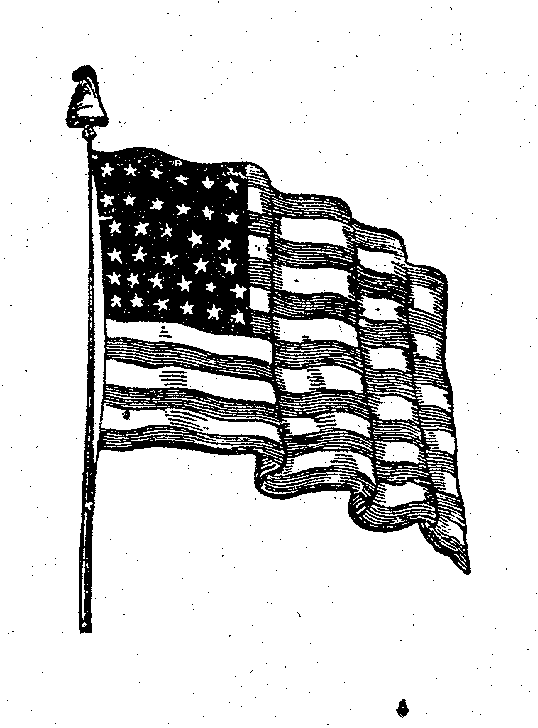
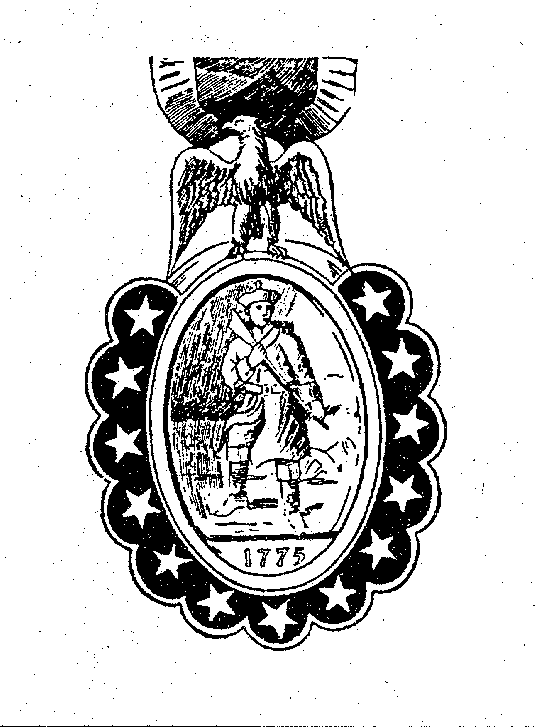
History and Philosophy of Higher Education
HIED6340 01 Thursday, 5:15 7:45 p.m. C-LC 005a
JONATHAN KIM, PH.D.
Office: (214) 333 5259, Home: (817) 465 0059, Fax: (214) 333 5558
E-mail: JONATHAN@DBU.EDU, Home Page: WWW.WELCOME.TO/JONATHANS
Office: C LC 201, Office Hours: T & TH by appointment
I. Course Description
An examination of the development of American higher education against the background of influential social, political, economic, and intellectual issues.
II. Course Objectives
A graduate student of American higher education, hoping to make a learned contribution to the field and/or practice of higher education in a Christian or other higher education context, will be:
A. exposed to the history of American higher education. This will be accomplished by
1. reading the textbook.
2. attending classroom lectures on the history of American higher education.
3. intelligently participating in classroom discussion.
B. engaged with the philosophies of American higher education. This will be accomplished by
1. reading the textbook.
2. writing and presenting in class a research paper on an assigned topic.
3. developing their personal philosophy of higher education.
III. Textbook
Brubacher, John S., and Rudy, Willis. (1997). Higher education in transition: A history of American colleges and universities (4th ed.). New Brunswick: Transaction Publishers.
IV. Resources
Brubacher, John S. (1988). On the philosophy of higher education. San Francisco: Jossey Bass Publishers.
Geiger, R. L. (1986). To advance knowledge: The growth of American research universities, 1900 1940. Oxford: Oxford University Press.
Geiger, R. L. (1993). Research and relevant knowledge: American research universities since World War II. Oxford: Oxford University Press.
Goodchild, Lester F., & Weschler, Harold S. (Eds.). (1997). The history of higher education: ASHE reader series. Needham Heights, MA: Simon & Schuster Custom Publishing.
Levine, A., ed. (1993). Higher learning in America 1980 2000. Baltimore: The Johns Hopkins University Press.
Levine, D. O. (1986). The American college and the culture of aspiration 1915 1940. Ithaca, NY: Cornell University Press.
Orrill, Robert, ed. (1995). The condition of American liberal education: Pragmatism and a changing tradition. New York: College Board.
Orrill, Robert, ed. (1995). Education and democracy: Re-imagining liberal learning in America. New York: College Board.
Veysey, L. R. (1965). The emergence of the American university. Chicago: University of Chicago Press.
American Psychological Association. (1994). Publication manual of the American Psychological Association (4th ed.). Washington, DC: Author.
V. Course Requirements and Grading
A. Course Requirements
1. Participation (10%): Each student must engage actively in all of the presentations and class discussions. Interaction with one another will be the means to an adequate learning process. Questions, challenges, reactions, and additional information to the presentation will enhance student learning and interest.
2. Research Paper (40%): Each student will be required to do one Research Paper on a selected topic. The paper will follow APA (4th edition) for form. The length of the paper will be a minimum of 13 pages (these pages do not include bibliography, appendices, or graphs). Copies of the paper will be given to each member of the class a week prior to the presentation. Late papers will be penalized by the grade reduction of 1% per day. Correctness of grammar and spelling will be expected.
3. Class Presentation (30%): Each student will make a presentation of his/her research material during a class period. The presentation will be no less than 30 minutes and no more than 40 minutes in length. Visual materials will accompany each presentation for enhancement of learning. Equipment (overhead projector, slide projector, 16 mm movie projector, video tape player and monitor, and so on) will be available at the student's request. Request must be made 48 hours ahead of presentation. The visuals are not for added color, but are to honestly enhance the quality of the presentation.
The presentation will be a teaching experience. It will assist us in learning what you have learned from your research. DO NOT READ US YOUR MATERIAL. We have already done that. Lead us in a viable learning experience about what you have learned. Help us discover new insights and ideas. Stimulate our minds and challenge our intellect.
* Reaction Period: Following the presentation will be a reaction period. Class members will be prepared to question, challenge, react, agree, disagree, etc. The presenting student will be graded on his/her ability to field questions and handle the reactions and challenges. The class member will be graded on his/her ability to ask and challenge the presenter. The more thought provoking the questions and challenges, the better interactions and learning.
4. Final Examination (20%): A comprehensive examination will be given over all of the historical periods including reading assignments, lectures, presentations, and discussions. The student will be asked to write concise paragraph long responses identifying up to five listed names, words, or phrases. There will also be one major essay question regarding the philosophy of higher education. Two and a half hours of writing is suggested.
5. Extra credit/Make up Assignments: Students wishing to supplement their learning and/or grade may do so by completing any of the following. Due April 22.
* Personal Philosophy of Higher Education Paper (10%) Write a personal philosophy of higher education paper. Page #I will be a taxonomy of the following elements: Administration, Faculty, Students, Curriculum, Facilities, Innovations/Technologies, External Stakeholders, and Governance. Pages #2 9 will be one page descriptions of his/her position on each of the same points. Page #10 will be the student's vision of American higher education in the year 2015.
* Summary and Reaction (5% per text) Read a suggested book (Geiger, Levine, Orrill or Veysey), write a one page (minimum) summary and reaction to each chapter, and discuss findings with the instructor for 5 minutes per chapter. The student's thoughts on the individuals, issues, innovations, incidents, institutions, etc. that are addressed in the chapter are expected.
* Historiography (10%) Read "The American College History: A Survey of Its Historiographic Schools and Analytic Approaches from the Mid Nineteenth Century to the Present" (pp. 201 290) by L. F. Goodchild and I. P. Huk in the Higher education handbook of theory and research volume VI. After reading that article, survey one approved institutional history and write a 5 page paper identifying why the institutional history would be categorized one way or the other according to Goodchild and Huk. This is a great exercise for students who are sincerely interested in conducting historical research at a later time.
B. Course Grading
A = 92 100%
B = 84 91.9 %
C = 76 83.9%
D = 68 75.9%
F = 67.9%
Posting of Final Course Grades
Each faculty member has the right either to post or not post final course grades for each class. Final course grades provided to a student by a faculty member may not be relied upon as official. grade reports can be obtained only through the DBU Registrar's Office.. The Dallas Baptist University undergraduate and graduate catalogs state that "All accounts must be paid in full before a student can...receive grade reports...." Students are not permitted to telephone the professor, contact the dean's office, or use e mail to inquire about their final grade. Please understand that this policy is for the purpose of protecting the privacy of your grades.
VI. Additional Information
A. Changes: The syllabus and schedule are guides and subject to notified adjustments.
B. Typing: Assignments are to be turned in typed/word processed using the Publication manual of the American Psychological Association. Free Writing Lab (333 5474) and Computer Lab (333 5282) are available in the Learning Center. Remember to make duplicates of your assignments.
C. Absences: Attendance in class is considered a necessary factor in the learning process. Therefore, absences for all reasons must be kept to a minimum and should not exceed 25% of the total class time. Students are held responsible for all academic work required or performed during their absence regardless of the reasons for those absences.
Violations of the attendance policy could result in the student receiving a grade of "F." It is understandable that occasional absences may occur because of other responsibilities. If you know in advance of a particular class session that you will need to miss, please contact the professor.
D. Auditing: Students who choose to audit this course may participate in classroom activities; however, the professor's priority will be on the for credit students. Failure to attend 75% of class meetings will result in an unsuccessful audit being recorded on their transcript.
E. Financial Aid: Students who are receiving federal, state, or institutional financial aid who withdraw or add hours during the semester may have their financial aid adjusted because of the withdraw or addition. This change in schedule may affect the aid they are receiving during the current semester, and could affect their eligibility for aid in future semesters.
F. Disabilities: The student has the responsibility of informing the course instructor of any disabling condition which will require modifications to avoid discrimination. Dallas Baptist University provides academic adjustments and auxiliary aid to individuals with disabilities, as defined under law, who are otherwise qualified to meet the institution's academic requirements. For assistance call Mark Hale at (214) 333-5134.
G. Phones and Pagers: It is requested that all phones and pagers be turned off or adjusted so as not to disturb the class. If you can wait until a break time to attend to calls and pages, that would be greatly appreciated.
H. Academic Conduct: Students are expected to maintain high biblical standards of personal and scholarly conduct. For DBU policies regarding academic misconduct such as plagiarism and cheating, refer to the Academic Conduct Policy section of the current graduate bulletin.
Plagiarism shall be defined as the appropriation, theft, purchase, memorization, or obtaining by any means anotherís work, and the unacknowledged submission or incorporation of that work as oneís own offered for credit. (Includes the quoting or paraphrasing of anotherís work without giving credit therefor.)
Cheating is copying from another studentís test paper, laboratory report, other written work, or computer files and listings; using, during a test or laboratory experiment, material and/or devices not authorized by the person in charge of the test, including sharing of calculator results or information; willfully cooperating with or seeking aid from another student during a test or laboratory experiment without permission; knowingly using, buying, selling, stealing, transporting, or soliciting in its entirety or in part, the contents of a test or other assignment unauthorized for release; substituting for another student, or permitting another student to substitute for oneself, to take a test or other assignment or to make a presentation. Plagiarism/cheating, if proved, will result in a failing grade.
VII. Tentative Course Schedule
The following is the intended schedule of course activities; changes may occur during the course of the semester. Assignments are due on the dates indicated unless otherwise revised.
1 Thu. Jan 21
Class Content: Introduction and Orientation/1. Beginning
Assignment Due: Read pp. 3-23
2 Thu. Jan 28
Class Content: 2. Early Patterns of Organization and Administration/3. Early Student Life
Assignment Due: Read pp. 24-56
3 Thu. Feb 4
Class Content: 4. Multiplication and Variation of Colleges/5. Early Methods of Instruction/"Affirmative Action" - Video Presentation
Assignment Due: Read pp. 59-99
4 Thu. Feb 11
Class Content: 6. The Elective Struggle/7. The Period of Fraternities and Athletics/"The Yale Report and Its Influence"
Assignment Due: Read pp. 100-39
5 Thu. Feb 18
Class Content: 8. The American State University/"The Philosophy of the State University"
Assignment Due: Read pp. 143-73
6 Thu. Feb 25
Class Content: 9. Development ofthe Graduate School/10. Professional Education/"The German University and the American Graduate school"
Assignment Due: Read pp. 174-218
7 Thu. Mar 4
Class Content: 11. The Federal Government and Higher Education/"Academic Autonomy and the Federal Government"
Assignment Due: Read pp. 219-37
8 Thu. Mar 11
Class Content: 12. Articulation of Secondary and Higher Education/"Who Should Be Educated in Colleges and Universities?" - Mr. Bob Burgin
Assignment Due: Read pp. 241-63
Thursday, March 18 - Spring Break
9 Thu. Mar 25
Class Content: 13. Innovations in Curriculum and Methods/"The Motivation and Evaluation of Learning"
Assignment Due: Read pp. 264-86
10 Thu. Apr 1
Class Content: 14. The Philosophy of Higher Education/"Liberal Education in Industrial Society"
Assignment Due: Read pp. 287-307
11 Thu. Apr 8
Class Content: 15. Academic Freedom/"Should the Professor Enjoy Complete Intellectual Independence?"
Assignment Due: Read pp. 308-29
12 Thu. Apr 15
Class Content: 16. Reintegration of Curriculum and Extracurriculum/"The Educational Significance of Extracurriculum" - Dr. John Plotts
Assignment Due: Read pp. 330-53
13 Thu. Apr 22
Class Content: 17. Enlarging Scope of the Administration of Higher Education/"Who Should Control Higher Education?"
Assignment Due: Read pp. 354-95/Extra credit-Make up Assignments
14 Thu. Apr 29
Class Content: 18. The University Transformed, 1975-1995/19. American Higher Education at the Dawn of a New Millennium/20. Distinguishing Features of American Higher Education/"American Higher Education and the Global Community"
Assignment Due: Read pp. 399-441
15 Thu. May 6
Class Content: Final Examination
Back to Top or Back to Home Page





